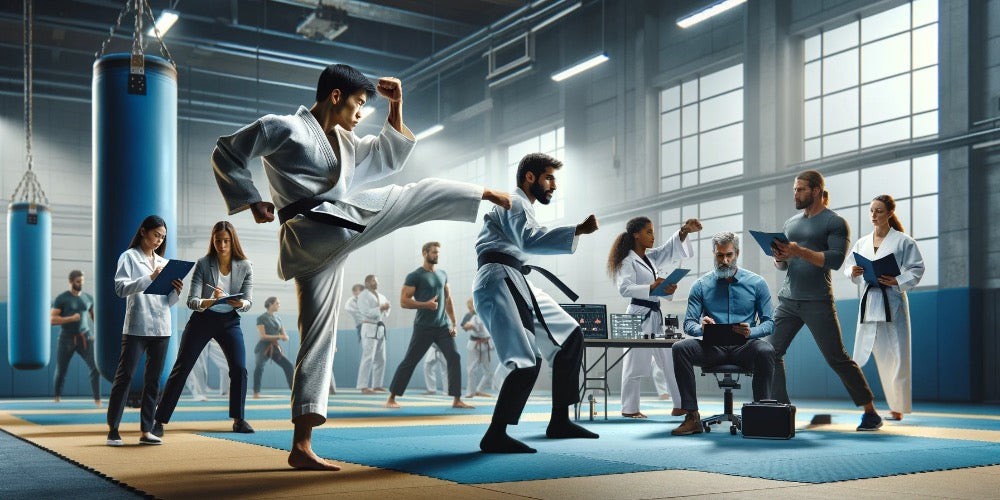
In a groundbreaking discovery, researchers have found that martial arts training can be a powerful tool for shaping positive personality traits and improving mental health. Long-term practitioners of various martial arts disciplines have shown notable enhancements in several key areas of their personalities and overall well-being.
The study reveals that individuals who engage in consistent martial arts training experience increases in extraversion, becoming more outgoing and sociable. This boost in social confidence may stem from the group dynamics and partner work often involved in martial arts classes.
Agreeableness, another valuable trait, also sees improvement among martial artists. This suggests that the discipline and respect inherent in martial arts practice may foster a more cooperative and empathetic mindset.
Perhaps unsurprisingly, martial arts training appears to nurture openness to new experiences. The constant learning and adaptation required in martial arts may encourage practitioners to embrace novelty and challenge in other areas of their lives.
Conscientiousness, a trait associated with self-discipline and goal-oriented behavior, also benefits from long-term martial arts practice. The structured nature of martial arts training, with its emphasis on consistent effort and gradual skill development, likely contributes to this positive change.
One of the most striking findings is the reduction in neuroticism observed in martial arts practitioners. This decrease in emotional instability and tendency towards negative emotions could be attributed to the mindfulness and self-control techniques often incorporated into martial arts training.
The mental health benefits of martial arts extend beyond personality traits. The research indicates that long-term practitioners experience lower levels of anxiety and depression. The combination of physical exercise, meditative practices, and social interaction found in martial arts may contribute to these positive mental health outcomes.
These findings suggest that martial arts training could be a valuable addition to traditional methods of personal development and mental health support. As more people seek holistic approaches to well-being, martial arts may offer a unique and effective path to personal growth and emotional balance.
While further research is needed to fully understand the mechanisms behind these positive changes, the current evidence paints a compelling picture of martial arts as a transformative practice for both body and mind.
Engaging students through collaborative learning activities has proven to be a game-changer in educational settings. When students work in groups, they learn to communicate effectively, share diverse perspectives, and build on each other's ideas. This method not only improves social skills but also deepens understanding of the subject matter. Group projects, peer reviews, and discussion forums enable students to take ownership of their learning. The sense of community and mutual support created through these activities can transform the classroom into a dynamic and interactive environment, driving academic success and personal growth.
Student engagement significantly impacts academic achievement. Research highlights that engaged students are more likely to perform better academically, attend classes regularly, and exhibit higher rates of persistence. Engaged students tend to have a sense of belonging and motivation that propels them to invest effort in their studies. This connection between engagement and achievement underscores the necessity for educational institutions to foster environments that promote active participation and emotional investment in learning.